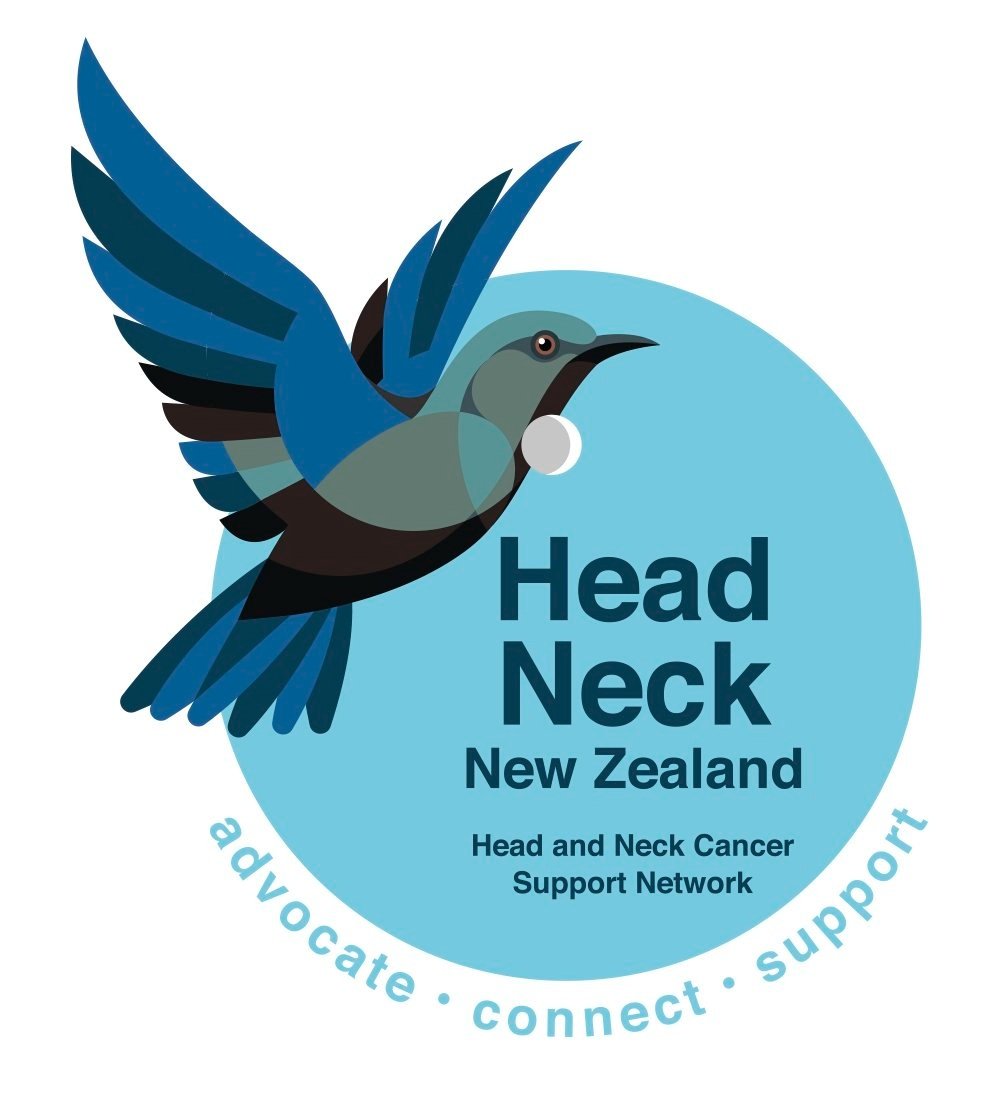5. Follow-Up and Survivorship Care
Regular Monitoring:
After treatment, patients undergo regular follow-ups to monitor for recurrence and manage any side effects or complications.Long-Term Support:
Many patients join support networks, such as the Head and Neck Cancer Support Network Trust, Head and Neck Cancer Support Network to connect with others and access ongoing resources. The healthcare team also assists with long-term physical and psychological support needs.
6. Funding and Accessibility
Public Healthcare Funding:
Most cancer treatments are covered under the public healthcare system. Private healthcare is also available for those who opt for additional services or shorter wait times.Pharmaceutical Subsidies:
Medications are often subsidised under the New Zealand Pharmaceutical Management Agency (PHARMAC), which ensures essential medications are accessible to patients at a low cost.
The New Zealand healthcare system is structured to provide a coordinated and comprehensive approach to cancer care, prioritising timely access to essential services. Efforts are made to reduce inequities in care, particularly for Māori and Pacific populations, through partnerships with community organisations and specialised services.
Quote
“YOUR MIND WILL PLAY TRICKS ON YOU There are many days you will feel like you are riding a roller coaster. Just remember — this is normal. There is no way around it. You will have mental ups and downs in this journey ...”
— Brian Carruthers
ACTIVITY
It is important to record your loved one’s journey through the health system. We have thought ahead, and we have a “Patient Planner” to help you record key events, places and people who support your loved one. We are happy to send you one. We think this is one of the best things you can do for your loved one: keep a good record.
Email us for a copy and start keeping a record for your loved one.
or you can download a copy here. Patient Planner
I


